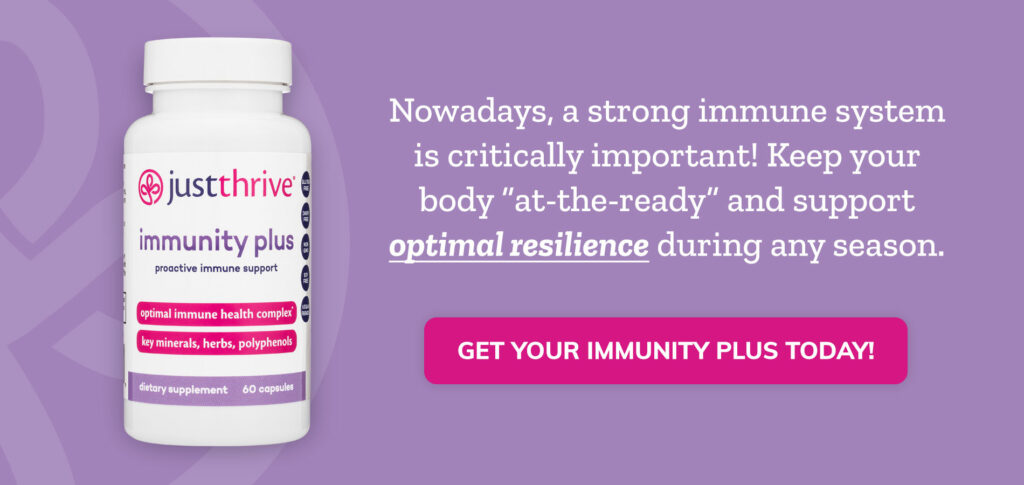If you love Indian food, then you’ve likely been getting your fair share of the latest spice to claim the health fanatic’s attention: turmeric. The potent yellow spice from the ginger family has been used for over 2,500 years in India as the main ingredient of curry and a homeopathic remedy for many ailments.
A few of turmeric’s potential benefits include helping improve liver and gallbladder functions, relieving pain from open cuts and wounds, helping heal bronchitis and other lung infections, curbing stomach aches and heartburn and working as an anti-inflammatory to decrease headaches and even to help prevent joint pain brought on by osteoporosis and arthritis (according to the Arthritis Foundation).
But recent research shows turmeric may actually do even more. A compound of the spice called curcumin, has been linked with positive results to serious diseases like cancer and Alzheimer’s disease, according to the Asian Pacific Journal of Cancer Prevention (APJCP). Here are seven of the most significant possible benefits turmeric may offer:
- Stroke Prevention: A recent study found that aromatic-turmerone, a compound in turmeric, helps restore brain cells, leading to improved memory and less risk of stroke.
- Curbs Depression: A study published in Phytotherapy Research found that curcumin can actually enhance nerve growth in the frontal cortex and hippocampal areas of the brain. As a result, it can act like a standard antidepressant medication, but without the side effects associated with it.
- Allergy Reducer: With its anti-inflammatory super powers, turmeric removes excess mucus in the sinuses, which helps to heal the respiratory tissue and reduce allergies.
- Diabetes Help: A study in the Journal of Nutritional Biochemistry confirmed last year that the antiglycaemic properties of the spice can help fight the disease and aid in strengthening the body’s immune system.
- Lessens Fibromyalgia: Since turmeric has a blood thinning effect working as an anti-inflammatory, it has shown to increase the effectiveness of blood-thinning medications (like aspirin) and can be used with these medications to improve symptoms of fibromyalgia, according to the Maryland Medical Center.
- Alzheimer’s Prevention: Maybe the most promising and latest research surrounding curcumin relates to its potential role in the prevention and treatment of Alzheimer’s disease. A study conducted at UCLA found that curcumin may help the macrophages (which help the body to fight against foreign proteins) to clear the amyloid plaques found in Alzheimer’s disease.
- Cancer Fighter: Curcumin’s effectiveness in fighting cancer is still not fully known, but many research institutions are turning their attention to how this might aid in killing tumors. Studies show promise in the spice possibly keeping cancer from spreading and maybe even from occurring.
Using Turmeric
There are countless ways to use turmeric:
- Turmeric can be ground up in your food or beverage. Being so fine (with consistency much like ginger), ground turmeric tastes great in food, but can also make a great supplement in smoothies, teas, honey or butters.
- As an essential oil, turmeric can be applied topically or taken orally.
- In pill form, you can find turmeric as a dietary supplement in any major drug or vitamin store.
Studies have found that curcumin (the potent part of the spice that provides the most benefits) has poor bioavailability, meaning that most of it, when taken orally, will not actually be absorbed by the body. It also doesn’t matter how much you take – so simply adding more doesn’t necessarily make it work better!
The good news is there are ways to increase its bioavailability. According to many medical professionals, the best way to maximize its benefits is to cook the spice with a dash of ground black pepper – which inhibits the metabolism and easy excretion of the spice – and adding a healthy dose of good fat like coconut or olive oil. The combination of heat, black pepper and fat help the body hang on to the spice’s goodness.
Whether you’re dealing with a backache or something worse, or just want to keep healthy, turmeric can potentially provide a wonder of natural benefits that are good for the body and may provide a little more peace of mind since it doesn’t come with a long list of common, and possibly harmful, side effects.

